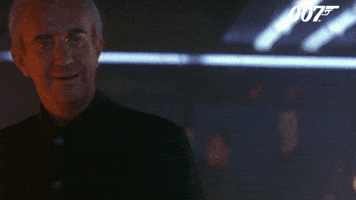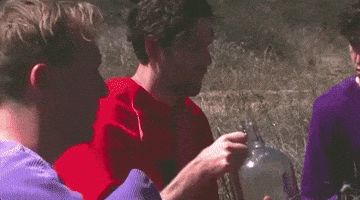Completely regardless of politics, you need to take a look in the mirror and do some introspection. Ask yourself why you are so willing to support the one singular country in the world who hates the United States of America more than anyone else, along with revulsion of everything for which we stand. Ask yourself why you are so eager to defend the one country that has been the biggest perpetual nemesis and thorn in the side of the United States over the last 80 years. Then, ask yourself why you believe that the leader of a country who was invaded, bombed, plundered, raped, and pillaged completely unprovoked, doesn't have the right to do whatever it takes to garner the support necessary to help his country repel those invaders.
Forget about liberals and conservatives, Republicans and Democrats. Forget about Trump, Biden, Obama, whomever. Just ask yourself why you are so willing to gargle Russian propaganda so eagerly, and why you are going to the mat to defend the one country in the world who sees the destruction of America and the West as its lone mission.





